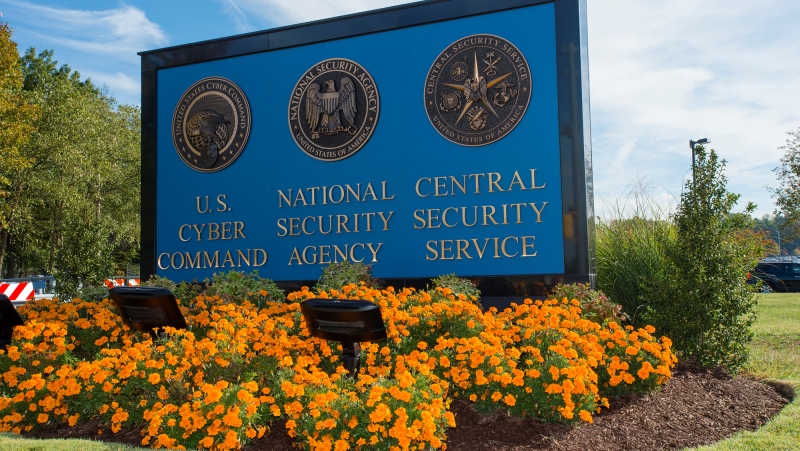
U.S. Cyber Command (CYBERCOM) deployed its digital force 22 times on “hunt forward” missions to over a dozen countries in 2023, Lt. Gen. Timothy Haugh – who heads Cyber Command – told lawmakers during a Senate Armed Services Committee hearing on April 10.
These 22 hunt-forward missions — executed by CYBERCOM’s elite Cyber National Mission Force (CNMF) — were conducted in 17 countries and led to the discovery of about 90 malware samples for analysis in the cybersecurity community.
In the past, the cyber force has worked with Ukraine ahead of Russia’s invasion and Albania following Iranian cyberattacks, and unearthed malware in Latvia. Other deployments included work in Estonia, Croatia, Lithuania, Montenegro, and North Macedonia.
“Enhancing the security of government, private sector, and critical infrastructure systems grows ever more imperative,” said Haugh, adding that hunt-forward missions are part of CYBERCOM’s persistent engagement strategy for constant contact with adversaries and ensuring proactive action.
The hunt-forward missions were designed to expose tools used by hackers and slow adversaries’ cyber operations while fortifying networks and gaining important defensive insights for future cyber war.
“[CYBERCOM’s] operational experience reinforces the importance of campaigning globally in and through cyberspace across the conditions of competition, crisis, and armed conflict,” Haugh said.
“We work every day against capable and determined cyber actors, many of them serving adversary military and intelligence services,” he continued.
Prompt approval by Congress of appropriations supports the “critical work the cyber force is conducting,” he emphasized.
President Biden’s fiscal year 2025 budget request seeks $14.5 billion for cyber activities — about $1 billion more than the Biden administration’s previous ask for FY2024.
CNMF hunt-forward missions are not always publicly disclosed, as some countries prefer to keep digital cooperation quiet. These operations are executed at the invitation of a foreign government.
Last year, the U.S. cyber force provided broader figures for its operations in Lithuania, but mission metrics are not reported regularly.
Haugh’s disclosure on Wednesday offers a rare look at the secret cyber force’s operations.
“Such disclosures can make billions of internet users around the world safer online and frustrate the military and intelligence operations of authoritarian regimes,” Haugh said.
